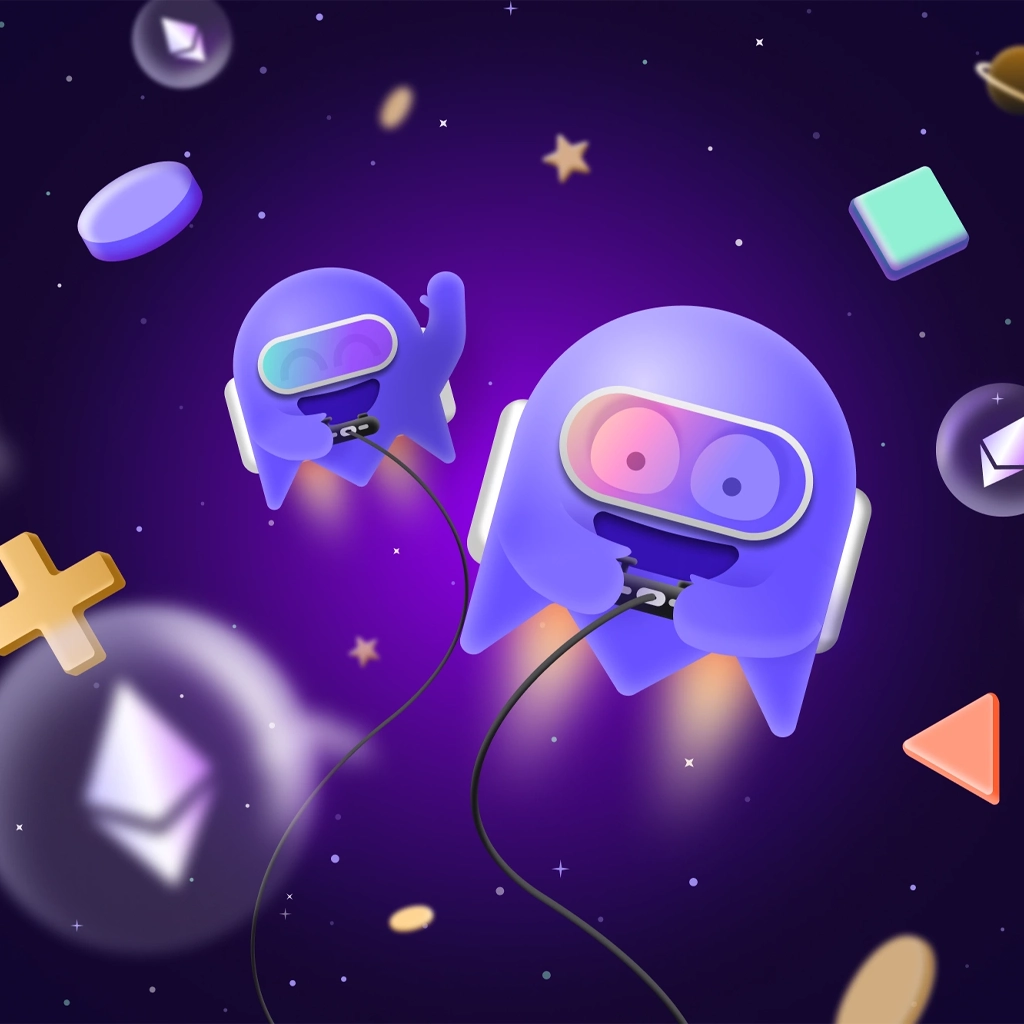In recent years, the concept of Non-Fungible Tokens (NFTs) has revolutionized various industries, including gaming. NFTs represent unique digital assets that are stored on a blockchain, providing proof of ownership and scarcity. Within the gaming sector, NFTs have opened up new avenues for monetization and player engagement.
Understanding NFTs and Their Value
What are NFTs?
NFTs are digital tokens that are indivisible and cannot be replicated. Unlike cryptocurrencies such as Bitcoin or Ethereum, which are fungible and interchangeable, each NFT has unique characteristics and properties. These tokens are typically used to represent ownership of digital assets, such as artwork, collectibles, or in-game items.
Importance of NFTs in the Gaming Industry
In gaming, NFTs have gained traction as a means of providing players with true ownership of virtual assets. Traditionally, gamers have spent money on in-game items that are owned and controlled by game developers. However, with NFTs, players can purchase, sell, and trade digital assets independently, leading to a more decentralized gaming economy.
The Rise of Play-to-Earn Games
Definition of Play-to-Earn (P2E)
Play-to-Earn (P2E) games are a subset of blockchain-based games that allow players to earn real-world rewards for their in-game activities. In these games, players can monetize their time and effort by acquiring valuable NFTs and selling them on secondary markets.
Examples of P2E Games
Popular examples of P2E games include Axie Infinity, Decentraland, and The Sandbox. These games leverage NFTs to enable players to own virtual land, characters, and other in-game assets, which can be traded for cryptocurrencies or fiat money.
How NFTs Generate Revenue in Gaming
NFTs contribute to revenue generation in gaming through various mechanisms:
Sale of In-Game Items
Game developers can mint NFTs representing unique in-game items, such as weapons, skins, or accessories, and sell them directly to players. These items often have limited availability, making them desirable collectibles among gamers.
Trade and Exchange Platforms
Secondary marketplaces facilitate the buying, selling, and trading of NFTs between players. These platforms provide liquidity to the NFT market and enable gamers to monetize their virtual assets effectively.
Play-to-Earn Mechanisms
P2E games reward players with valuable NFTs for their participation and achievements within the game. By accumulating these assets, players can generate income by selling them or leveraging them in future gameplay.
NFTs and Digital Ownership
Advantages of NFTs for Gamers
NFTs offer several benefits to gamers, including:
- True ownership of digital assets
- Interoperability across multiple games and platforms
- Potential for investment and profit
- Enhanced player autonomy and creativity
Challenges and Concerns
However, NFTs also pose challenges and concerns, such as:
- Environmental impact due to blockchain energy consumption
- Regulatory uncertainty and legal issues
- Risk of fraud and counterfeit assets
Investing in NFTs: Risks and Rewards
Potential for Profit
Investing in NFTs can be lucrative for early adopters and savvy investors. Rare and sought-after NFTs can appreciate in value over time, offering significant returns on investment.
Market Volatility and Speculation
However, the NFT market is highly volatile, and prices can fluctuate dramatically based on market trends, speculation, and demand. Investors should exercise caution and conduct thorough research before entering the market.
Future Outlook: NFTs in Gaming
Innovations and Developments
The intersection of NFTs and gaming continues to evolve, with ongoing innovations and developments in the space. Projects exploring virtual reality, augmented reality, and the metaverse are poised to redefine the gaming experience and further integrate NFTs into mainstream gaming culture.
Integration with Metaverse
The concept of the metaverse, a virtual universe where users can interact, socialize, and transact in a shared digital space, holds immense potential for NFTs. As the metaverse gains traction, NFTs are expected to play a central role in shaping its economy and ecosystem.
Conclusion
In conclusion, the monetization of NFTs in gaming represents a paradigm shift in the industry, offering new opportunities for players, developers, and investors alike. By leveraging blockchain technology and decentralized ownership models, NFTs enable gamers to participate in a more immersive, equitable, and financially rewarding gaming environment.
FAQs
What makes NFTs different from traditional in-game purchases?
NFTs provide players with true ownership of digital assets, allowing them to buy, sell, and trade items independently of game developers.
Are there any risks associated with investing in NFTs?
Yes, investing in NFTs carries risks such as market volatility, regulatory uncertainty, and potential fraud. It’s essential to conduct thorough research and exercise caution.
Can NFTs be integrated into existing games?
Yes, many game developers are exploring ways to incorporate NFTs into their existing titles, offering players new opportunities for ownership and monetization.
How do P2E games work, and how can players earn money from them?
P2E games reward players with valuable NFTs for their participation and achievements within the game. Players can then sell these assets on secondary markets for real-world currency.
What role do NFTs play in the development of the metaverse?
NFTs are expected to play a central role in the metaverse by providing digital ownership of virtual assets and facilitating transactions within the virtual economy.

